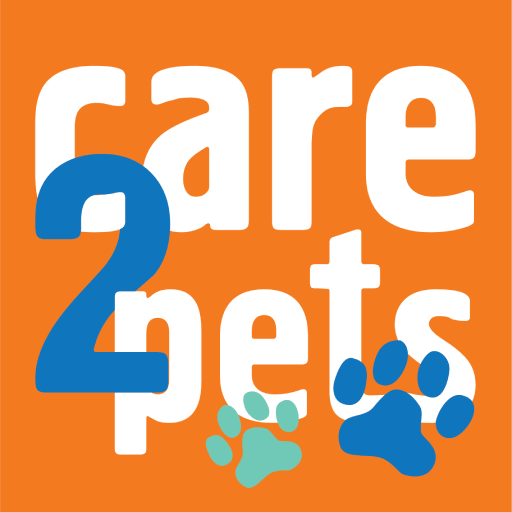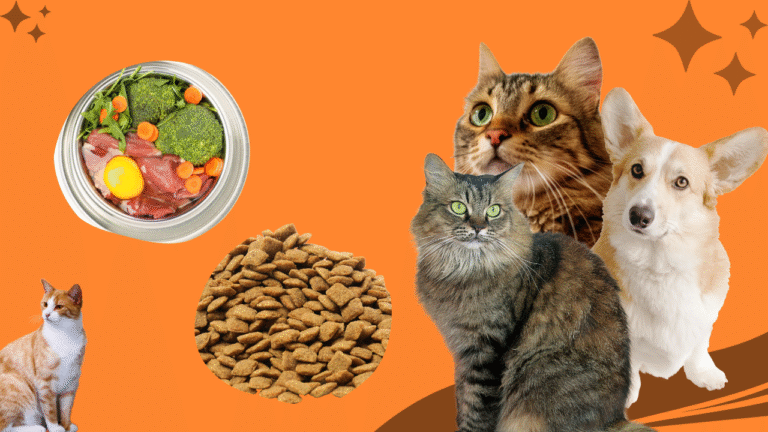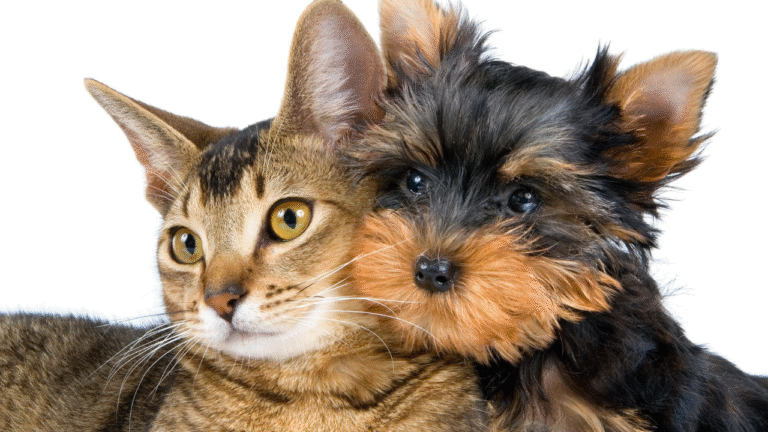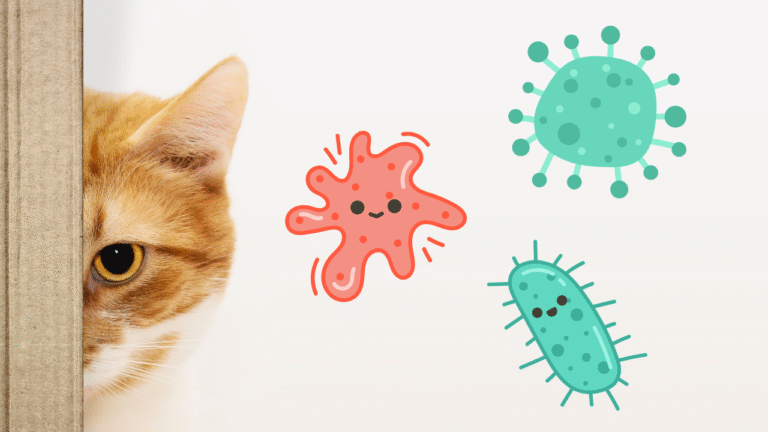Being “a little fluffy” might look cute — but it’s not harmless.
Many pet owners think an overweight dog or cat just looks cuddly: “soft,” “chubby,” “well-fed and happy.”
But in reality, excess weight is a form of chronic inflammation that puts serious strain on your pet’s body and shortens their life span.
As a pet nutritionist, let me explain what risks are hiding behind that “extra fluff.”
1. Joint and mobility problems
More weight = more pressure on joints, spine, and bones.
This leads to:
- arthritis,
- worsened hip/elbow dysplasia,
- reduced mobility,
- and eventually, even less activity — which leads to more weight gain.
It’s a vicious cycle. The earlier you break it, the better.
2. Heart under pressure
Excess fat makes the heart work harder. It can lead to:
- high blood pressure,
- irregular heartbeat,
- fluid retention,
- swelling, and labored breathing.
Obese pets are at much higher risk for cardiovascular disease.
3. Breathing difficulties
Overweight pets don’t just carry fat on the outside — fat accumulates inside the chest, pressing on the lungs.
It’s especially dangerous for:
- brachycephalic breeds (pugs, French bulldogs, Persians),
- senior pets,
- animals with existing heart or lung conditions.
4. Hormonal imbalances
Obesity increases the risk of:
- diabetes (especially in cats),
- hypothyroidism (especially in dogs),
- infertility and reproductive issues,
- a weakened immune system.
Fat tissue isn’t just stored energy — it’s an active endocrine organ that can disrupt the entire system.
5. Lower quality of life
Overweight pets often suffer from:
- Sluggishness and lack of playfulness
- Overheating even in mild temperatures
- Poor grooming (especially under the tail and belly)
- Urinary issues and constipation
- And a life shortened by 2–3 years on average
How do you know if your pet is overweight?
- You can’t feel their ribs easily
- They’ve developed a belly or round shape around the neck and waist
- They tire quickly or avoid exercise
- Grooming becomes difficult or neglected
- Their weight is above normal for breed and age
Remember: “Well-fed” is not a compliment — it’s a red flag.
Nutritionist’s advice:
If you suspect your dog or cat is overweight, don’t try crash diets or guesswork.
That can make things worse or cause nutrient deficiencies.Book a Comprehensive Nutrition Consult:
I’ll create a tailored diet plan based on your pet’s health, lifestyle, and medical needs — and help you take the first step toward safe, sustainable weight loss.





